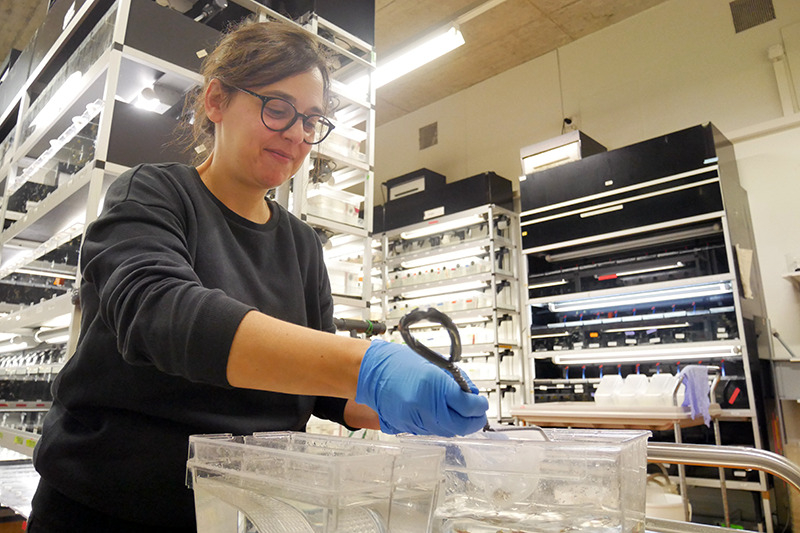Biofuel
Finding clean, sustainable energy sources will be a huge challenge in the future, if it isn't already. Biofuels are a possible alternative because they occur naturally and have a low environmental impact. However, mass production of them is problematic, especially at the scales of production they're discussing.
CRISPR/Cas9 (clustered regularly interspaced short palindromic repeat) is a bacterial molecular immune system that has emerged as a revolutionary method for targeted genomic engineering. CRISPR offers a potential solution by allowing researchers to devise new methods of changing the genome of natural biofuels. It's a burgeoning field of study, with numerous teams investigating various methods of incorporating the CRISPR technique into the biofuel production process.
This genetic machinery appears to be a game-changing discovery for engineering microbial genomes for desirable features such as biofuel tolerance, inhibitor tolerance, and thermotolerance, as well as manipulating cellulases and hemicellulose enzymes. Early tests with some biofuels, such as microalgae, were successful, with researchers able to modify the DNA of a few known microalgae species using CRISPR-Cas9 editing.












